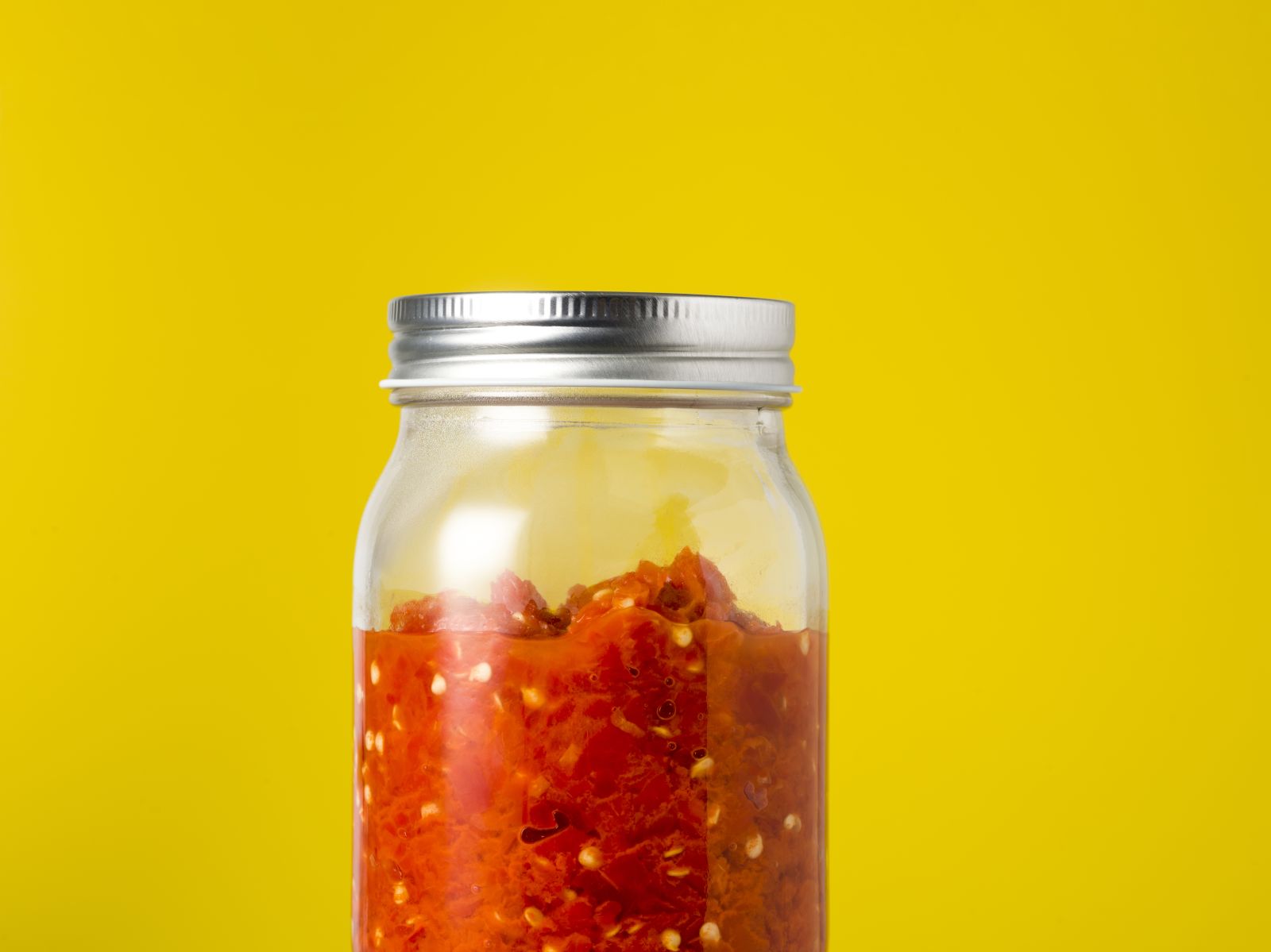From sauerkraut to kimchi: We read up on fermentation
Once regarded as foreign and mildly frightening, fermented food and drink is increasingly part of the mindful home cook’s repertoire. Donald Reid leafs through two books with local connections that make this mysterious yet magical world a bit more approachable
-crop.jpg)
Smelly sauerkraut is probably the biggest barrier. Or slimy kimchi. Or exploding bottles. Truth is, the British never really took to fermentation, apart from, well, beer and wine and cider and cheese (and tea and coffee and chocolate). Oh, and sourdough. Shop-bought booze or yoghurt may technically qualify as fermentation, but nurturing jars and bottles of stuff that fizz, or growing mould in your fridge or kitchen cupboards, is seen as slightly eccentric, potentially unpatriotic and definitely dangerous.
On the other hand, a wave of open-minded home cooks, chefs, gardeners, travellers and tipplers have been eagerly uncovering and exploring the exotic worlds of microbes, bacteria and yeasts, emphasising their capacity to conjure up unusual but exciting tastes, flavours and health-enhancing properties in food and drink. The awakening of knowledge about gut health has certainly been a companion on this journey, along with deeper interest in the base flavours of Asian cuisines, the exploration of non-meat foods, and a rise in interest in non- and low-alcohol drinks.

One of the travellers on that journey over the last decade is Robin Sherriff (pictured above), a graduate of the masters programme in gastronomy at Queen Margaret University in Edinburgh. He set off to East Asia to write a dissertation about Japanese whisky and returned to set up a business making koji, the base for soy sauce, miso and other ferments. His evangelism for Asian cultures and the wider possibilities of lactic, acetic, yeast and mould-based fermentation led to him creating the nationwide Fermenters Guild to support food and drink professionals working in this way, offering solidarity, learning opportunities and practical support on legislation and food safety.
Sherriff has now, along with various specialist collaborators, pooled his knowledge and infectious curiosity for the subject in a book, The Science Of Fermentation. Strikingly produced with step-by-step photography, it has recipes for more than 30 essential techniques plus some accessible beginners’ tips and guidelines. Despite the title, Sherriff is keen to emphasise that you don’t need to go hard on the science. ‘Lead with the tasty’ is one of his mantras, confident that a memorable experience with deep flavour and deliciousness is the most positive entry point of all.
While the book delves deep into microbiological detail to both demystify the subject and educate readers, for Sherriff that’s not the only way to get into fermentation. ‘Take kimchi, with all the different cultural narratives in Korea, all the layers of family stories and nuanced traditional recipes,’ he says. ‘But when you dig into it, it’s got solid chemistry and biology behind it. On the other hand, I grew up in Livi eating fish-finger sandwiches and drinking Buckfast. I don’t have a cultural knowledge of fermentation; science is my way to understand it. But whether you see sauerkraut as a progression of different lactobacillus species or as an old family recipe, you pretty much end up with the same thing. My advice is first to ferment for fun; the specifics and nerdy expertise will no doubt come later.’
Also just published within the well-respected Do series of books is Do Ferment by Matthew Pennington and Nicola Cradock, former proprietors of The Ethicurean restaurant in Somerset but now residents of Midlothian. Offering a practical and patiently explained route into ‘gut boosters and foods that fizz’, they provide instructions for making sauerkrauts, condiments, sauces and wild sodas part of your kitchen repertoire, with plenty of tips, ideas and troubleshooting guidance. They subscribe to the Do Manifesto, useful encouragement to anyone feeling brave enough to dabble in a bit of microbe farming: ‘Start where you are. But start.’
The Science Of Fermentation is published by DK on Thursday 9 October; Do Ferment is out now published by Do Books.